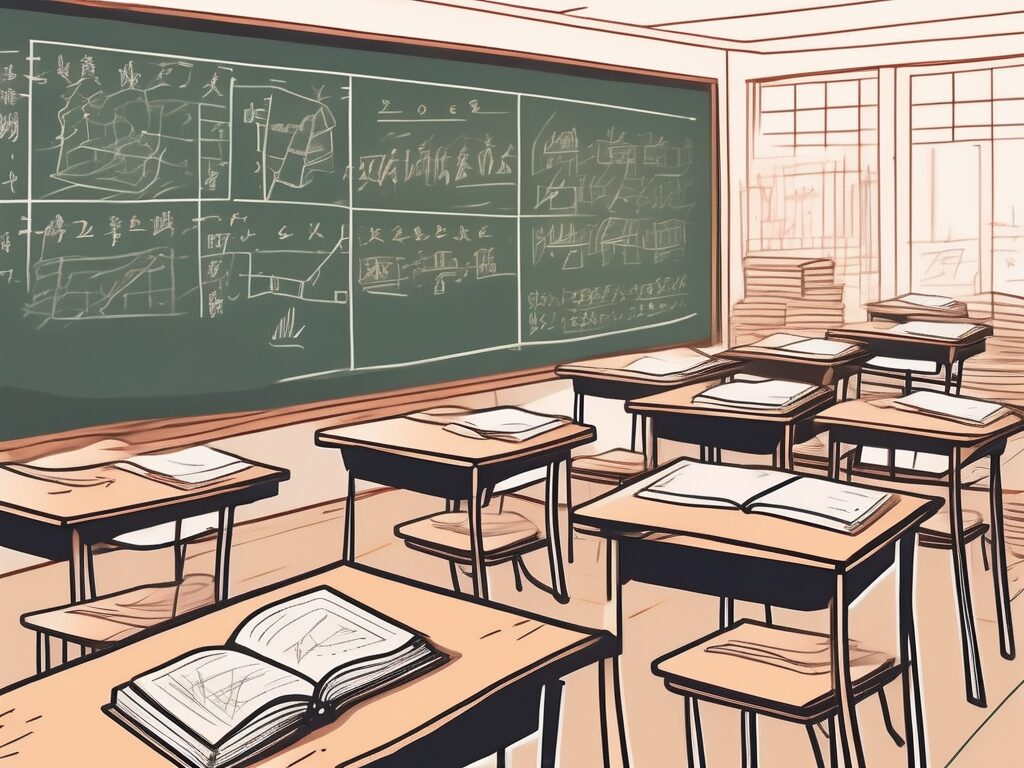Top 5 Education Challenges in China to Watch for 2025
As a prominent player in the global education arena, China’s education system has consistently demonstrated its ability to produce high-achieving students who excel in international assessments. However, it is essential to recognize that this system faces a multitude of challenges that could impact its future trajectory. This guide aims to provide education consultants with a comprehensive overview of the key challenges within China’s education system, including the pressures associated with the Gaokao, the rural-urban education divide, teacher shortages, curriculum rigidity, and the need for improved pedagogical approaches.
1. The Gaokao Pressure
The Gaokao, or National Higher Education Entrance Examination, represents a pivotal moment in the academic journey of Chinese students. The outcomes of this examination significantly influence students’ future career paths and social mobility. The intense pressure surrounding the Gaokao poses a considerable challenge within the education system.
- Students often dedicate their entire high school years to preparing for this exam, leading to heightened stress levels and potential mental health issues.
- The exam’s structure promotes rote memorization over critical thinking, which may hinder students’ creativity and problem-solving abilities—skills that are increasingly vital in a dynamic global landscape.
2. The Rural-Urban Education Divide
The disparity in educational quality between urban and rural areas is another pressing challenge. The educational experience of a child in China can vary dramatically based on geographic location.
- Urban centers such as Beijing and Shanghai offer superior educational resources, including well-equipped facilities and highly qualified educators.
- Conversely, rural schools frequently suffer from inadequate resources and inconsistent teaching quality, perpetuating social inequality and limiting opportunities for rural students.
- The hukou system, which restricts rural students from accessing urban educational institutions, exacerbates this divide, further limiting educational prospects for those in rural areas.
3. Teacher Shortages and Quality
China’s education system is also confronted with significant teacher shortages, particularly in rural regions. The teaching profession is often perceived as less attractive due to low compensation and demanding workloads, resulting in a scarcity of qualified educators.
- Many teachers are tasked with managing large classes, often exceeding 50 students, which can compromise the quality of education delivered.
- The inconsistency in teacher training programs across the country leads to variations in teaching quality, further complicating the educational landscape.
4. Curriculum and Pedagogy
The rigidity of the current curriculum and pedagogical practices presents additional challenges. The curriculum is frequently criticized for its heavy emphasis on examinations, leaving little room for creativity and independent thought.
- Students often engage in rote learning, which can stifle their ability to think critically and solve complex problems.
- The prevalent teacher-centered approach limits student engagement, as learners are expected to passively absorb information rather than actively participate in their education.
5. Conclusion
In summary, while China’s education system has achieved notable successes, it is essential to address the significant challenges it faces. The pressures of the Gaokao, the rural-urban divide, teacher shortages, and the rigidity of the curriculum and pedagogy underscore the complexities of education in China. For education consultants advising international teachers, understanding these challenges is crucial for navigating the educational landscape effectively.
It is imperative to recognize that every education system, including those in the UK and the US, has its unique challenges. Continuous efforts to address these issues will be vital in ensuring that all students in China have access to high-quality education and equitable opportunities for success.
Enhance Your Teaching Career with IPGCE
As we explore the intricacies of China’s education system, it becomes evident that professional development is essential for overcoming these challenges. The International Postgraduate Certificate in Education (IPGCE) is designed to support educators in their pursuit of excellence. Whether you are navigating qualification barriers, seeking career advancement, or aiming to master global education systems, IPGCE serves as a gateway to success. By enhancing your credentials, you unlock a plethora of opportunities, including a 50% increase in interview callbacks and a 45% boost in promotion rates. Join a thriving global network of educators and take the first step towards transforming your educational impact. Enroll in the UK’s #1 Teacher Training Course today.

